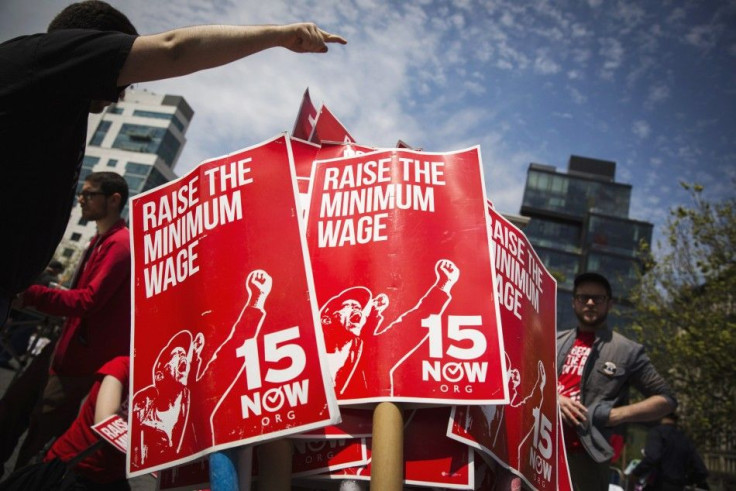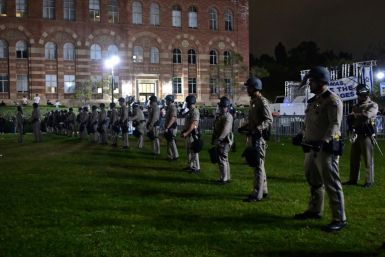$18.70 Minimum Wage Hike Disappoints Labour Unions, But Employers Warn of Job Cuts

Like the Reserve Bank of Australia's overnight cash rate decisions, the Fair Work Commission's (FWC) announcement on Wednesday hiking the minimum wage by 3 per cent or $18.70 per week was a damn if you do, damn if you don't situation for the federal government.
Labour unions are not happy at the increase they consider measly, while employers warn the new minimum salary of $640.90 per week by July 1 would lead to job cuts.
Dave Oliver, secretary of ACTU, describe the measly pay hike as "a real blow to low-income earners." He pointed out that "Productivity is up, real labour unit costs are down and the workers' share of the pie is diminishing."
He added that the FWC decision didn't take into account the impact of the budget being proposed by the Coalition government, considered the harshest in Australian history.
"Today's decision is going to compound the gap between average wage earners and the minimum wage. If that gap continues, we will end up with a US-style working poor in this country," Oliver warned.
ACTU sought a $27 per week increase, but the Australian Chamber of Commerce and Industry (ACCI) wants the $18.70 lowered to only a paltry $8.50 because of the pressure the wage hike would place on struggling businesses, said ACCI Chief Executive Kate Carnell.
She said the mandated wage adjustment would impact on ACCI members' capacity to hire, especially young people and other workers with not-so-high skills set. Carnell warned it would lead to unemployment.
Similar arguments were raised by Australian retailers that the wage increase would stress and damage local store dealing with weak sales and lower consumer confidence.
"The retail industry is more reliant on pay scales than any other industry, and also suffers a highly disproportionate effect in minimum wage increases ... due to deregulated hours and penalties across all retail awards," Australian Retailers Association Executive Director Russell Zimmerman said in a statement.






